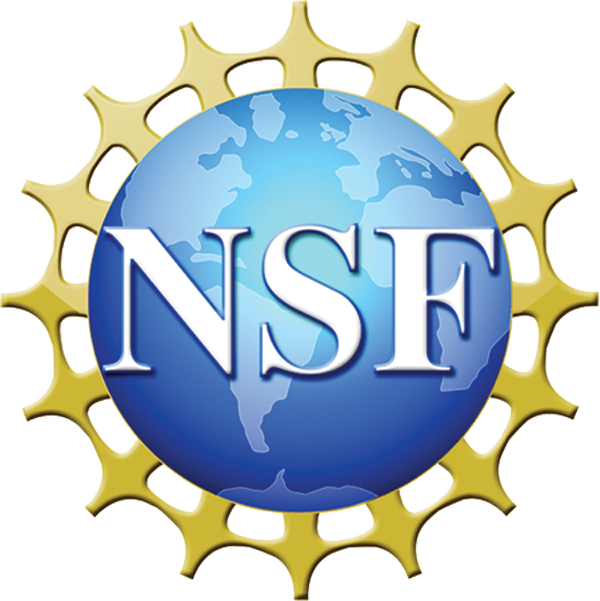
Broader Ethical Considerations for Hazards and Disaster Researchers
This Training Module focuses on the broader ethical considerations for conducting research in a disaster setting.
Each module takes 30-60 minutes to complete and features specific learning objectives and detailed lesson plans along with resources for further reading, analysis, and exploration. At the close of the module, you will have the opportunity to take a 10-question quiz. If you get 8 out of 10 questions correct, you will receive a Certificate of Completion for each module. Each completed CONVERGE Training Module is worth one contact hour of general management training through the International Association of Emergency Managers (IAEM) certification program.
Note: If you cannot access a module, please email us at converge@colorado.edu. We will make sure you have appropriate access to all modules.

This Training Module focuses on the broader ethical considerations for conducting research in a disaster setting.

This Training Module focuses on ways to collect and share perishable hazards and disaster data.

This Training Module describes emotionally challenging research and highlights the ways that recognizing researchers’ emotions can lead to more ethical and methodologically sound research practices in the context of extreme events.

This Training Module focuses on culturally competent research and offers guidance on how hazards and disaster researchers can build cultural competence.

This Training Module focuses on mental health outcomes associated with disasters, with a particular emphasis on risk factors over time that make certain populations vulnerable to poor disaster mental health outcomes.

This Training Module describes historical and contemporary manifestations of settler colonialism and the resulting impacts on and responses of Indigenous Peoples. It highlights how Indigenous sovereignty—or the right of Indigenous Peoples to govern themselves—can help build resilience to hazards and disasters.

This Training Module introduces users to Institutional Review Board (IRB) procedures and offers guidance on how to work with the IRB to ensure ethical extreme events research.

This module describes the concept of positionality in the context of hazards and disaster research and practice and highlights how understanding your own positionality can lead to more ethical and methodologically sound disaster work.

This module bridges public health and hazards and disaster research by showcasing case studies with important implications for public health.

This Training Module focuses on the reciprocal relationship between researchers and disaster affected communities, with an emphasis on providing mutual benefits for both the people involved with and affected by hazards, as well as those participating in disaster research.
We will notify you as these modules become available.
To access recent scholarly publications produced by the CONVERGE research team and our collaborators, including those related to the CONVERGE Training Modules, please see this page: https://converge.colorado.edu/category/publications/

This material is based upon work supported by the National Science Foundation, Division of Civil, Mechanical, and Manufacturing Innovation (CMMI), Program on Humans, Disasters, and the Built Environment (HBDE) (NSF Award #1841338) and the U.S. Centers for Disease Control and Prevention (CDC). Any opinions, findings, conclusions, or recommendations expressed in this material are those of the authors and do not necessarily reflect the views of the NSF or CDC.